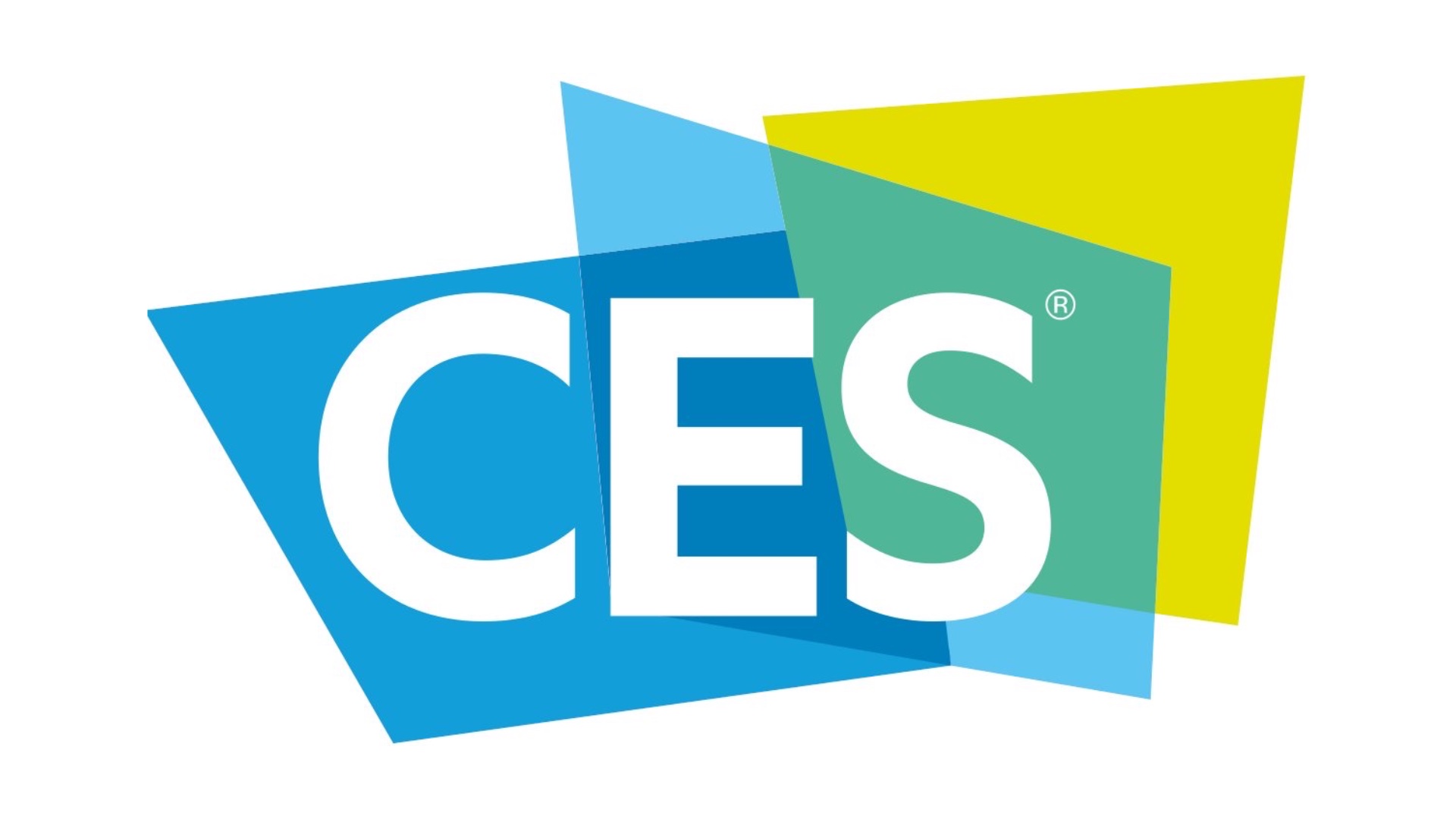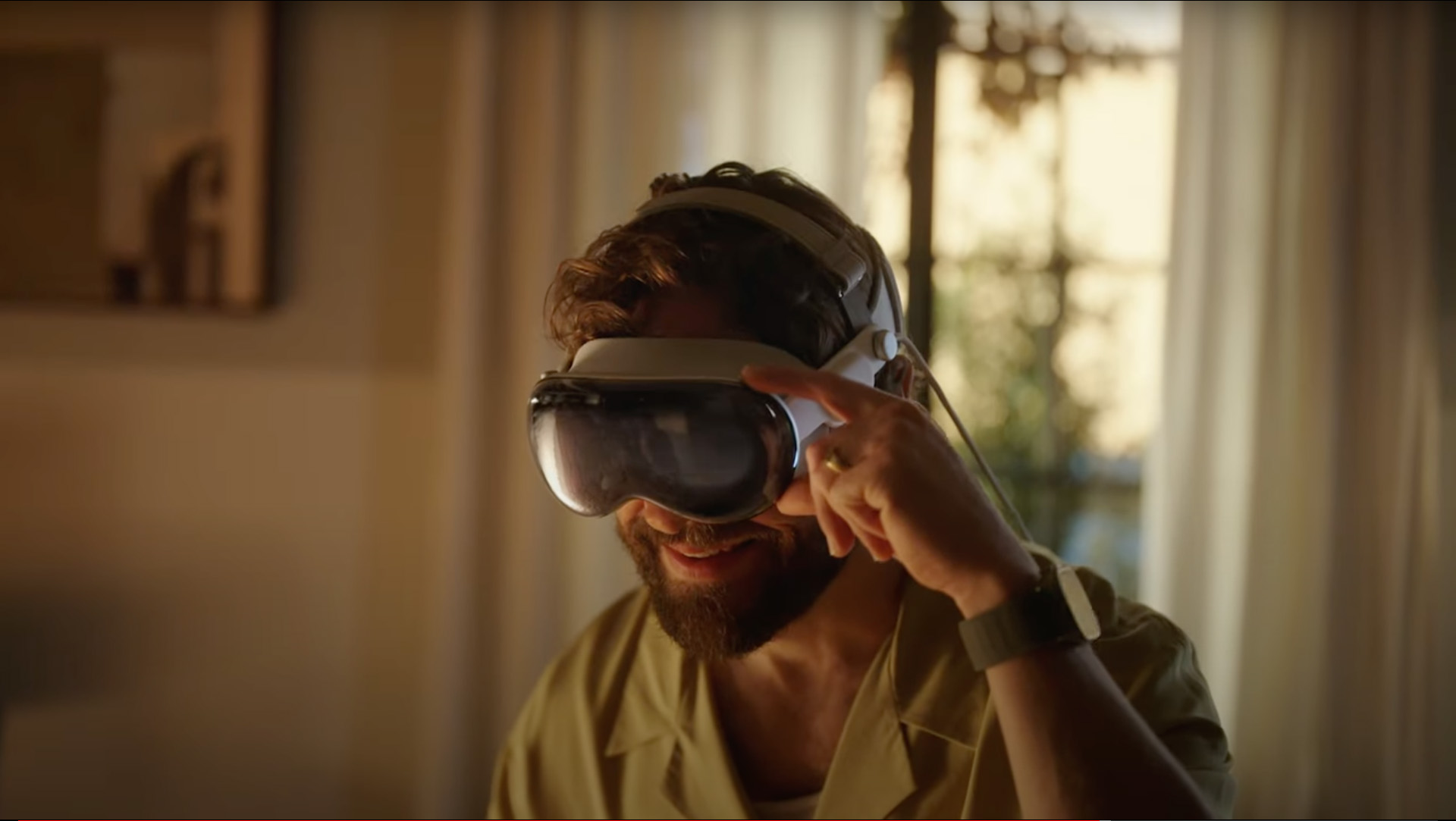3 things I want to see at CES this year
CES is upon us and these are the things I'd like to see more of.

Sign up for breaking news, reviews, opinion, top tech deals, and more.
You are now subscribed
Your newsletter sign-up was successful
You'd need to have been living off the internet the last couple of weeks to have missed the fact that the Consumer Electronics Show, or CES, is kicking off this weekend. The event will see companies from around the globe descend on Las Vegas to show off their new products — and some products that might never see the light of day, too.
The annual CES pilgrimage is one of the big events of every calendar year and it always brings with it some truly impressive announcements. But as I alluded to earlier, not all of those announcements turn into products that can be found on store shelves. That'll no doubt be the case this year, while other announcements will ship but it'll take them a few years to debut.
All of that's fine, and CES wouldn't be the CES we know and love if it wasn't for the pie-in-the-sky ideas and long shots. But my interest is in the very real products and initiatives that could set the tone for the whole of 2024. The technology that will be announced at CES will change the direction in which the technology industry travels. And with that in mind, I have a few areas in which I'd like to see progress at CES 2024.
CES, coming soon
Before we discuss what I'd like to see from CES, we need the details. CES 2024 officially runs from Tuesday, January 9 until Friday, January 12 but you can bet that there will be some preannouncements and events the weekend leading up to that date.
The event itself will play host to all manner of companies including retailers and technology companies big and small. Carmakers will also be present and you can expect to see plenty of electric vehicles, too. Nvidia, Intel, L'Oréal, Hyundai, AMD, Samsung, and Sony are just some of the companies set to make announcements and there will be many, many more.
You can follow along with our CES coverage under the CES 2024 tag as well as all of our social media channels.
With that said, let's dive in.
Sign up for breaking news, reviews, opinion, top tech deals, and more.
More AI, but not for AI's sake
There is no doubt whatsoever that AI will be the buzzword of CES this year. It's inevitable, especially in a year when Apple and others are expected to dig deep and go hard on large language models and generative AI. But as someone once said, with great power comes great responsibility.
That is, I want to see AI take center stage at CES but I also want it to actually be useful to people. I don't need to see AI added to fridges or washing machines and the less it finds its way into social media the better. But there are real ways that CES could see AI pushed in a way that makes it easier to use our computers, phones, and beyond.
Microsoft announced this week that it's bringing a new Copilot key to keyboards on computers that run Windows 11. It'll allow people to more quickly and easily interact with the Copilot offering on PCs and laptops, and that's great. Whether or not we really need a dedicated key is another matter, but it's a sign that Microsoft is all-in on AI.
Apple won't be at CES but 2024 is set to be a big year for Siri. But in the tech world as a whole, I hope we start to see more steps to make AI useful, but in a way that isn't obstructive. AI that's there when we want it, and not when we don't. AI that's a feature, not a gimmick.
With Nvidia and Intel taking part in CES we can likely expect new silicon that is designed to provide faster AI capabilities and that's all good stuff. But it's the software that will matter — and I hope we see something new, something groundbreaking that we haven't thought of yet. Not just another way to press a button and have a chatbot draw a kitten or answer a question we could've just Googled.
Cheaper, better AR/VR headsets

With Apple's Vision Pro mixed reality headset likely to launch within weeks, we can expect mixed reality, or AR/VR (or XR, if you're some companies) to be a big focus for some at CES.
Qualcomm already announced its new reference chipset for AR/VR headset implementation, but there's one thing that is still an issue — price.
Sure, there are cheap-ish AR and VR headsets on the market, but to get the really good stuff you need to spend a bit more. The Vision Pro could well set the standard, but at $3,499 it's out of most people's reach. The Meta Quest Pro is cheaper, but it's one product... and some might have reservations about sticking a Meta device with cameras and microphones on their head.
To get cheaper competition for the Vision Pro we might have to make do with one of those products I mentioned earlier. Something that is shown off with lots of promises and theoretical price points but won't actually ship for a year or so. But it'll be enough to whet the appetite and show that companies are working on better quality devices at prices we can afford. Apple is rumored to be working on a cheaper Vision Pro, but it's years away. Apple isn't going to share any details this far out, either — maybe some other companies will?
A nice big surprise
Yes, you read that right.
When your job is writing about technology it's difficult to be truly surprised about anything. Products leak, even from companies previously notorious for keeping a lid on things, like Apple. It's rare for something to be announced cold, with no expectation. I miss those days, and CES is as good a place as any to bring them back.
It might come from a little-known outfit rather than a massive corporation, and that'd be even better. Some breakthrough technology that changes the way we think about our television, phone, computer, or something else entirely. I'd even take a wildly out-of-the-box rethink of the humble kettle at this point.
Just please, please don't build AI into it, alright?
Check out our CES 2024 hub for all the latest news from the show as it happens. We'll be covering everything from 8K TVs and foldable displays to new phones, laptops, smart home gadgets, and the latest in AI, so stick with us for the big stories. And don’t forget to follow us on TikTok for the latest from the CES show floor!

Oliver Haslam has written about Apple and the wider technology business for more than a decade with bylines on How-To Geek, PC Mag, iDownloadBlog, and many more. He has also been published in print for Macworld, including cover stories. Having grown up using PCs and spending far too much money on graphics card and flashy RAM, Oliver switched to the Mac with a G5 iMac and hasn't looked back.